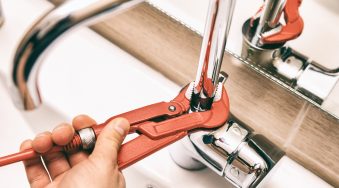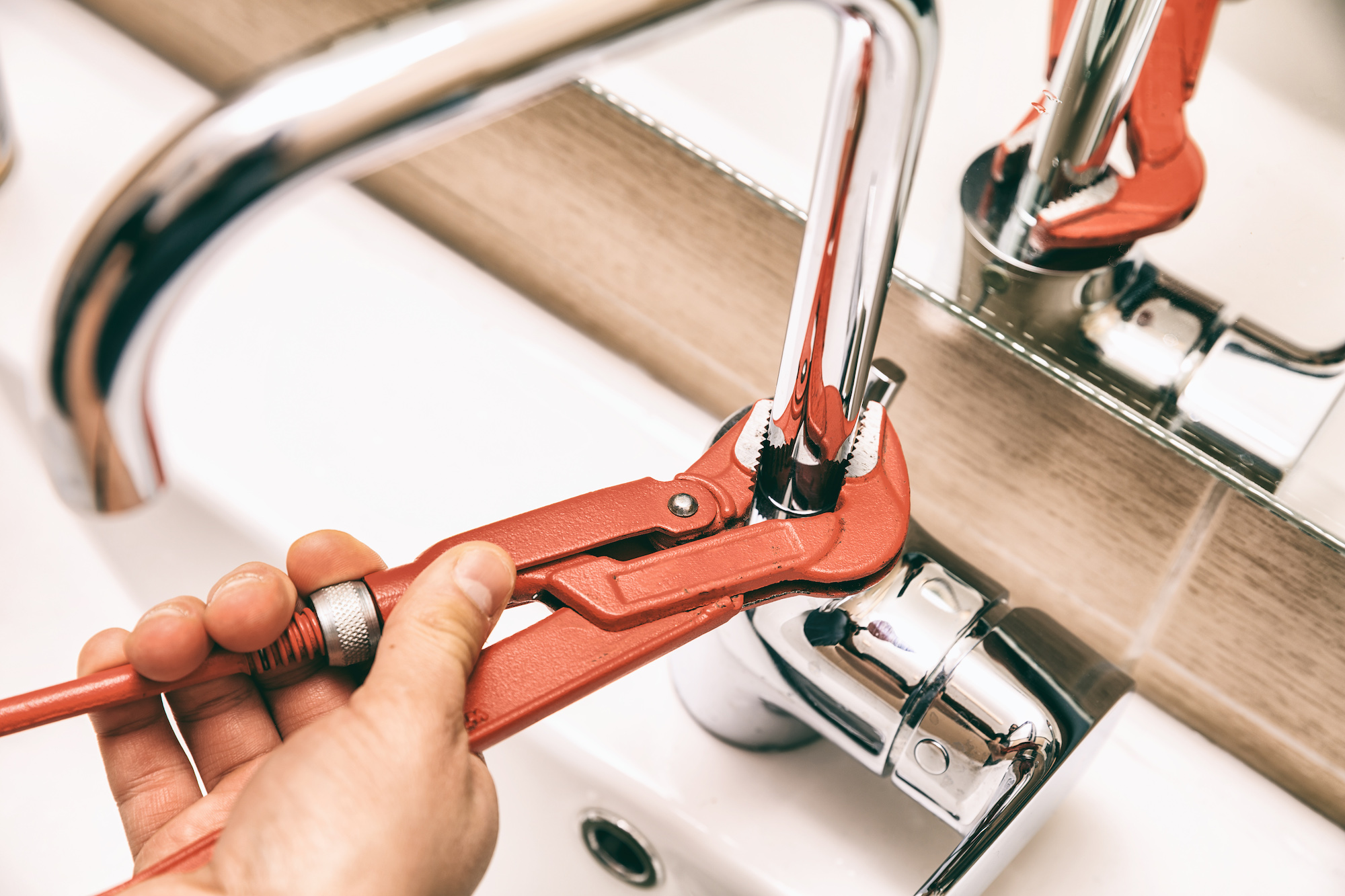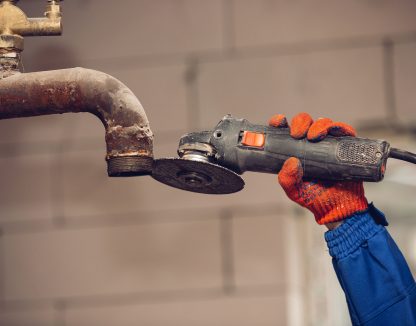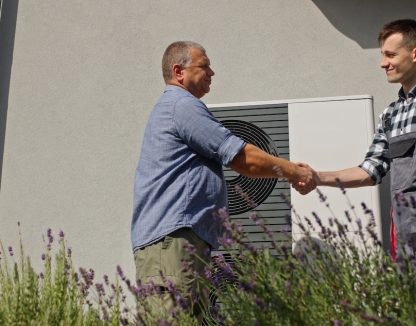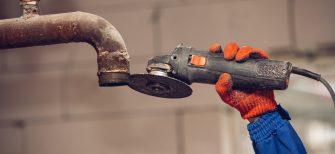Every industry is experiencing remarkable transformations with the use of new technologies and the plumbing industry is no exception. Plumbing technology encompasses a wide range of tools, materials, and systems designed to facilitate the conveyance of fluids, primarily water, for various purposes such as drinking, sanitation, heating, and irrigation.
As technology continues to advance, the future of plumbing holds even greater promise for efficiency, sustainability, and convenience. And as we head into 2024, integrating smart plumbing technologies revolutionizes how we approach water management, conservation, and efficiency.
Seamlessly Implement a Custom Plumbing Flat Rate Price Book For Your Business Today
1. Smart Irrigation Systems
One of the notable advancements in plumbing technology is the introduction of smart irrigation systems. These systems leverage sensors, weather data, and automation to optimize landscape water usage. By precisely monitoring soil moisture levels and weather patterns, smart irrigation systems ensure that plants receive the right amount of water at the right time, thereby reducing water waste and promoting healthier landscapes. For homeowners and businesses alike, this technology conserves water and lowers utility bills. Avid users can see water demand reduced anywhere from 10 to 40%.
2. Efficient Plumbing Fixtures
Traditional plumbing fixtures are being replaced with smart alternatives designed to minimize water consumption without sacrificing performance. From water-saving shower heads to low-flow toilets and faucets, these fixtures are equipped with technology such as aerators that regulate water flow based on usage patterns, ultimately reducing overall water usage and utility bills for consumers. Smart faucets typically use aerators to add air to water and cut down on the overall water flow. Often times this can be reduced from 2.2 gallons per minute to 1.5 gallons per minute. Incorporating technologies such as water-saving features, pressure regulators, and sensor-based activation allows these fixtures to improve efficiency and convenience.
3. Advanced Leak Detection
Water leaks can wreak havoc on properties, leading to costly repairs and wasted resources. Fortunately, leak detection technology advancements empower homeowners and businesses to address leaks before they escalate proactively. Smart leak detectors, such as the Moen Smart Water Leak Detector, sense the different sound frequencies of water from a leak. A trained plumber deciphers these sounds to determine the exact leak source. It is a widely used residential plumbing tool to locate leaks in toilets, drains, steam pipes, irrigation, and other plumbing systems. By promptly identifying leaks and alerting users via smartphone notifications, these devices help prevent water damage and mitigate potential losses.
4. Efficient Water Heaters
Traditional water heaters are being replaced by smart, energy-efficient alternatives that optimize water heating based on demand and usage patterns. These modern water heaters utilize sensors and connectivity to adjust temperature settings and heating schedules, resulting in significant energy savings, typically between 24 – 40% off total energy costs, and reduced environmental impact. Additionally, some models incorporate features such as leak detection and automatic shut-off capabilities for enhanced safety and peace of mind.
5. Efficient Drain Cleaning Solutions
Clogged drains are a common nuisance in plumbing systems, causing inconvenience and disruptions. However, modern drain cleaning solutions are streamlining the process of clearing blockages with greater efficiency. Hydro-jetting, a high-pressure water jetting technique, effectively removes debris and buildup from pipes without the need for harsh chemicals or manual intervention. This eco-friendly approach not only restores proper drainage but also helps avoid potentially costly repairs down the line.
6. Integrated Plumbing Systems
Integrating plumbing and heating systems is another trend gaining momentum in 2024. Property owners can optimize energy efficiency and streamline maintenance efforts by combining these essential utilities. Smart thermostats, radiant heating systems, and hydronic heating solutions work in tandem with plumbing infrastructure to deliver precise temperature control and maximize comfort. As buildings become more interconnected, integrated plumbing systems offer a holistic energy management and resource utilization approach. Starting with something as simple as a new toilet is a good start for property managers. Swapping older toilets for high-efficiency models can greatly benefit a property owner’s bottom line, and the new low-flow technology means end-users will see no impact on performance. Toilets meeting the requirements for WaterSense certification guarantee 20% savings above the federal flushing standards. Likewise, the most efficient ENERGY STAR-certified gas-fired water heaters can help property owners save $740 on their commercial property utility bills.
7. Plumbing Software
One piece of technology that can positively impact your day-to-day is using a plumbing software system. These field management systems, such as Payzerware, can help you streamline your plumbing business from the initial phone call with the homeowner, to collect the payment and everything in between. Schedule jobs more efficiently with simple drag-and-drop scheduling while viewing each technician’s dispatch zones, eliminating wasted time during the day. Send the new appointment notification to your team automatically where they can then navigate to the job and begin their work. Collect payment on the spot, improving collections and helping you get paid anytime, anywhere. From start to finish, Payzerware streamlines your entire operation and can help your plumbing business operate more efficiently this year.
